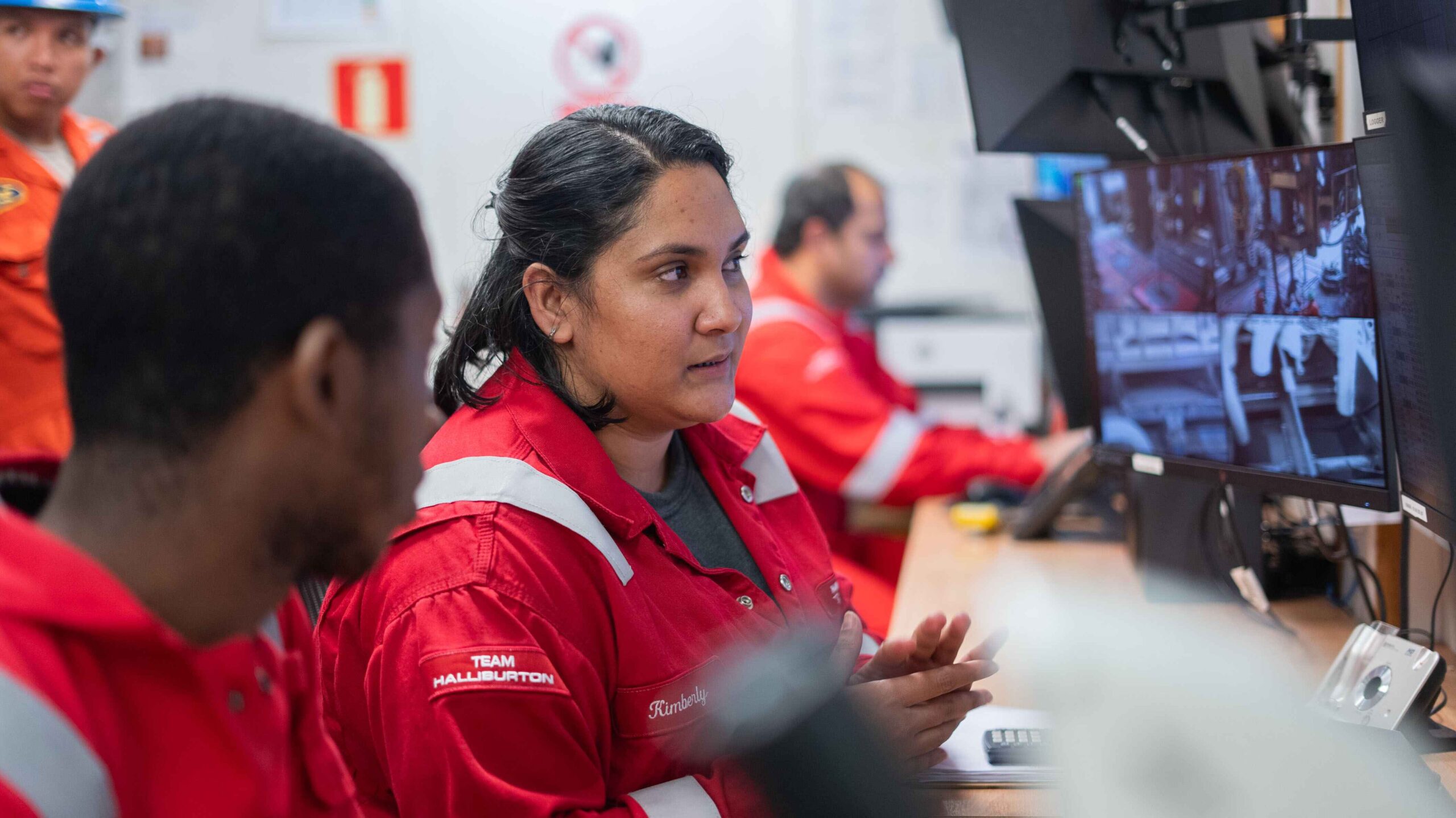
By Kiana Wilburg
CEO, Guyana Energy Conference & Supply Chain Expo
The Greater Guyana Initiative (GGI), a $100 million commitment from Stabroek Block partners ExxonMobil, Hess, and CNOOC, is proving to not only be a catalyst for women empowerment, but also, a vital support system for the next generation of innovators.
During an interview on the Energy Perspectives Podcast, powered by the Guyana Energy Conference and Supply Chain Expo, Advisor for ExxonMobil Guyana on GGI, Alicia Bess-Anderson, shed light on how this ambitious investment is already making a difference.
“I always love to speak about the Greater Guyana Initiative,” Bess-Anderson remarked. “It’s about more than just oil and gas; it’s about empowering people and building a sustainable future.”
The advisor explained that the GGI’s commitment to empowering women is evident in its collaboration with the Center for Local Business Development. Here, the Accelerate-Her programme is designed specifically to help female entrepreneurs gain a foothold in the oil and gas industry. With training in critical areas such as safety, financial management, and leadership, coupled with personal empowerment strategies, the GGI-backed programme is helping women to not only start businesses but to thrive.
“This programme also includes active mentorship,” Bess-Anderson explained, “supporting women in growing their businesses and themselves.”
By fostering female entrepreneurship, she proudly noted that GGI is ensuring that the oil boom translates into broad-based economic benefits.

The Regional Accelerated Specialized STEM Readiness (RASSR) programme at the University of Guyana is another critical pillar of GGI. Designed to systematically discover, mentor, and develop young STEM talent from all 10 regions of Guyana, RASSR supports 100 students annually through a sustained programme that propels them towards specialization in critical fields.
This enriching environment is tailored to not only deepen their knowledge in core subjects such as Math, Chemistry, Biology, Physics, Integrated Science, Technology, and Engineering but also integrates essential topics on biodiversity and environmental stewardship. This dual focus prepares students to tackle both the expected future careers in Guyana and the global challenges that impact our world.
GGI also supports crucial diversification efforts within the country with projects dedicated to hydroponics and poultry rearing in Guyana’s inland regions. These projects align with Guyana’s food security goals while empowering rural women to spearhead these initiatives.
As GGI projects continue to unfold, Bess-Anderson firmly noted that GGI is crafting a legacy of sustained social inclusivity. By empowering individuals and equipping them with the tools to succeed, she stated that GGI is helping to shape a resilient, diversified economy that is prepared to meet the challenges of tomorrow. For more on the transformative impact of GGI, visit ExxonMobil’s website.
